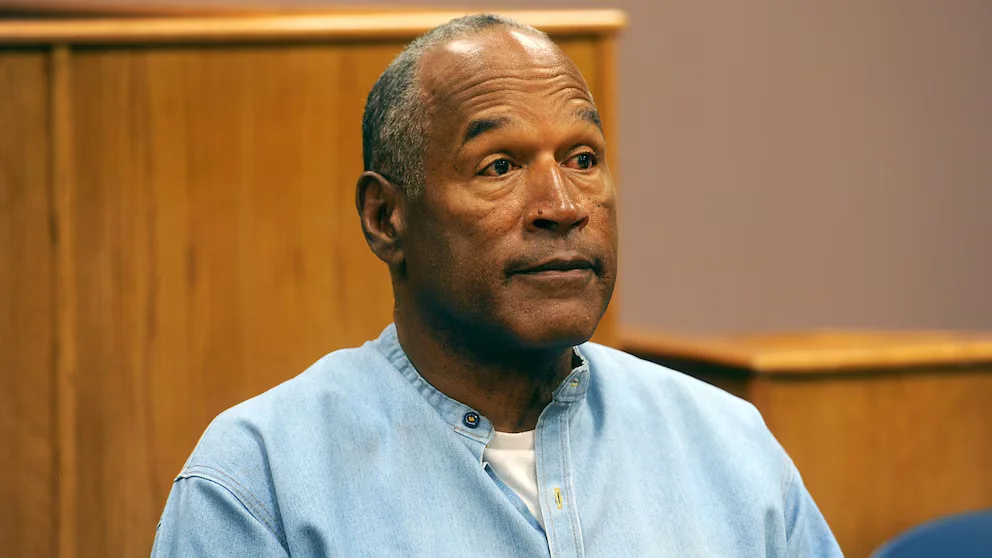O.J. Simpson, the legendary football player turned actor, passed away at the age of 76 after battling cancer, his family confirmed. Simpson, known for his achievements on the football field and his tumultuous legal history off it, left a lasting mark on sports and entertainment.
Born Orenthal James Simpson in San Francisco, Simpson rose to fame as a star athlete at the University of Southern California (USC), where he won the prestigious Heisman Trophy. He then went on to have a successful career in professional football, playing for teams like the San Francisco 49ers and the Buffalo Bills and setting numerous records along the way.

However, Simpson’s life took a dramatic turn when he became embroiled in a highly publicized trial in the 1990s. Accused of the murders of his ex-wife Nicole Brown Simpson and her friend Ronald Goldman, Simpson’s trial captivated the nation and sparked intense debate and speculation.
Despite being acquitted of criminal charges in what became known as the “Trial of the Century,” Simpson faced legal repercussions in a subsequent civil trial, where he was found liable for wrongful death and ordered to pay significant damages to the victims’ families.
Simpson’s legal troubles did not end there. In 2008, he was sentenced to prison for robbery, kidnapping, and other charges related to a sports memorabilia incident in Las Vegas. He served nearly nine years before being released on parole in 2017.
Throughout his life, Simpson also pursued a career in acting, appearing in films such as “The Naked Gun” series and “The Towering Inferno,” as well as TV shows like “Roots.” His on-screen presence added another dimension to his public persona, making him a recognizable figure beyond the sports world.
The news of Simpson’s passing has elicited a range of reactions, from tributes to reflections on his complex legacy. His impact on sports, entertainment, and the legal system remains a topic of discussion and analysis, ensuring that his name will be remembered for years to come.




